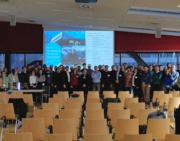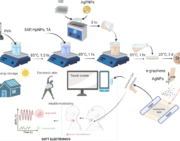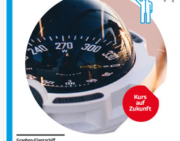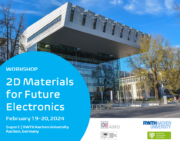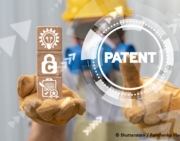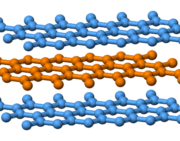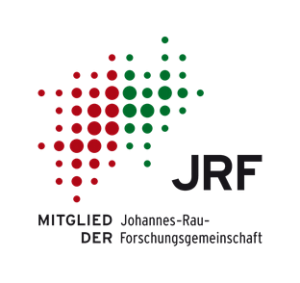INFRACHIP – An EU initiative to grant user access to state-of-the-art cleanroom facilities
Do you have an idea for a new high-tech product but lack the in-house technology to develop a prototype? INFRACHIP could be the solution you are looking for! INFRACHIP is an initiative funded by the European Union to finance user access to state-of-the-art cleanroom facilities distributed all over Europe, supporting pathfinding research in semiconductor technology. […]




